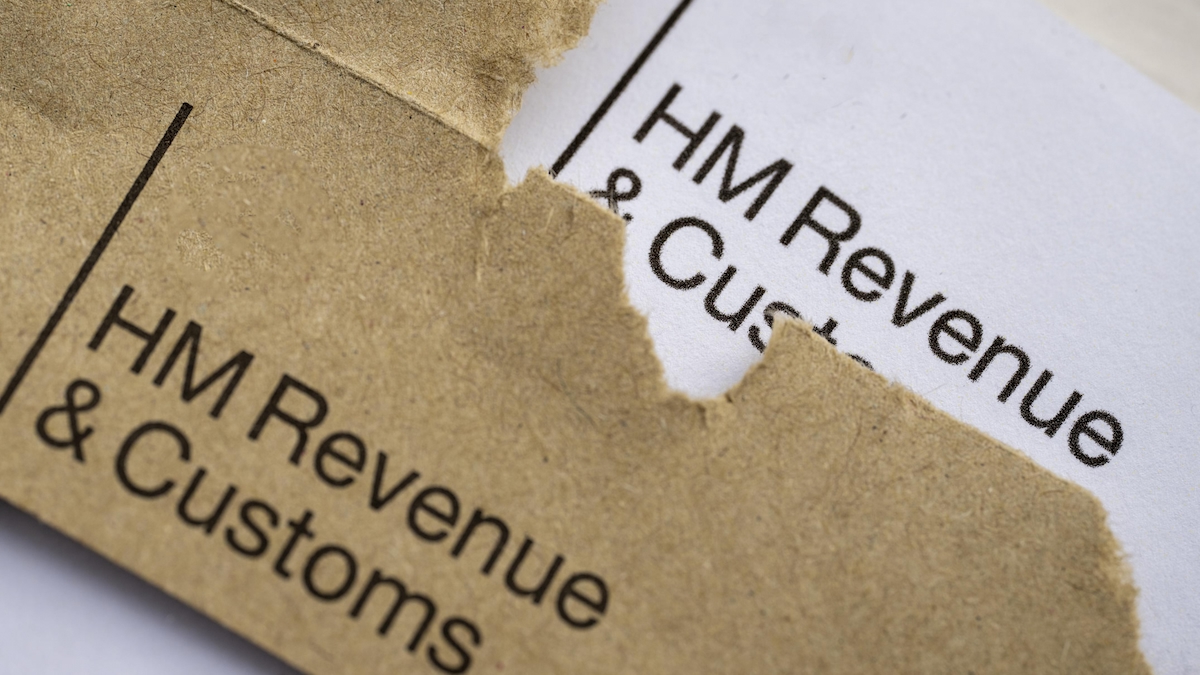In economic policy, few concepts hold as much sway as the debate over taxation. At the heart of this discourse lies the fundamental question: what role should taxes play in shaping the economic landscape of a nation? For the British Industrialist Forum, the answer is clear: implementing a low-tax economy is not just beneficial; it’s imperative for driving economic growth, fostering innovation, and safeguarding the tradition of British industry.
Central to our advocacy for a low-taxed economy is the belief that such policies stimulate economic activity and incentivise investment. When tax burdens are reduced, businesses have more capital, enabling them to expand operations, invest in new technologies, and create job opportunities. Capital injection into the economy catalyses growth, driving productivity and prosperity across sectors.
Furthermore, low taxes foster an environment conducive to innovation and entrepreneurship. Low taxes incentivise risk-taking and reward innovation by allowing businesses to retain a larger share of their profits. Entrepreneurs are more inclined to pursue ambitious ventures, knowing their efforts will be met with lower tax liabilities. This encourages the development of new products, services, and technologies, driving forward the frontiers of industry and fueling long-term economic growth.
However, the benefits of a low-taxed economy extend beyond mere economic considerations. They also serve as a bulwark against British industrial tradition and values erosion. As industrialists, we recognise the importance of preserving our nation’s heritage of craftsmanship, innovation, and ingenuity. Yet, in an era of globalised trade and economic competition, British industrialists face a unique challenge: the temptation to offshore wealth and production to jurisdictions with lower tax regimes.
Indeed, the reality is that many of our counterparts abroad enjoy preferential tax treatment, luring British businesses with promises of reduced tax burdens and increased profitability. This undermines the tradition of British industry and creates an unlevel playing field, where those who choose to produce within Britain are disadvantaged vis-à-vis their foreign competitors.
Moreover, the influx of cheaper products from overseas, manufactured without regard for union rights, environmental standards, or human rights, poses a threat to the integrity of British industry. This undermines the quality of goods available to consumers and perpetuates a race to the bottom, where profit margins are prioritised over ethical considerations.
In light of these challenges, the British Industrialist Forum stands ready to fight for British industrialists, advocating for policies that level the playing field and reward those who choose to produce within Britain. We recognise that to compete in the global marketplace, British industrialists must be afforded the same opportunities and incentives as their foreign counterparts.
Therefore, we call upon policymakers to prioritise the implementation of a low-taxed economy that rewards British industrialists for their contributions to the nation’s prosperity. By reducing tax burdens and creating a favourable business environment, we can ensure that British industry remains vibrant, competitive, and true to its tradition of excellence.
The imperative of implementing a low-taxed economy cannot be overstated. Not only does it drive economic growth and foster innovation, but it also safeguards the tradition of British industry and ensures a level playing field for domestic businesses. As industrialists, we stand ready to fight for these principles, advocating for policies that support our vision of a thriving, competitive, and prosperous industrial sector in Britain.

